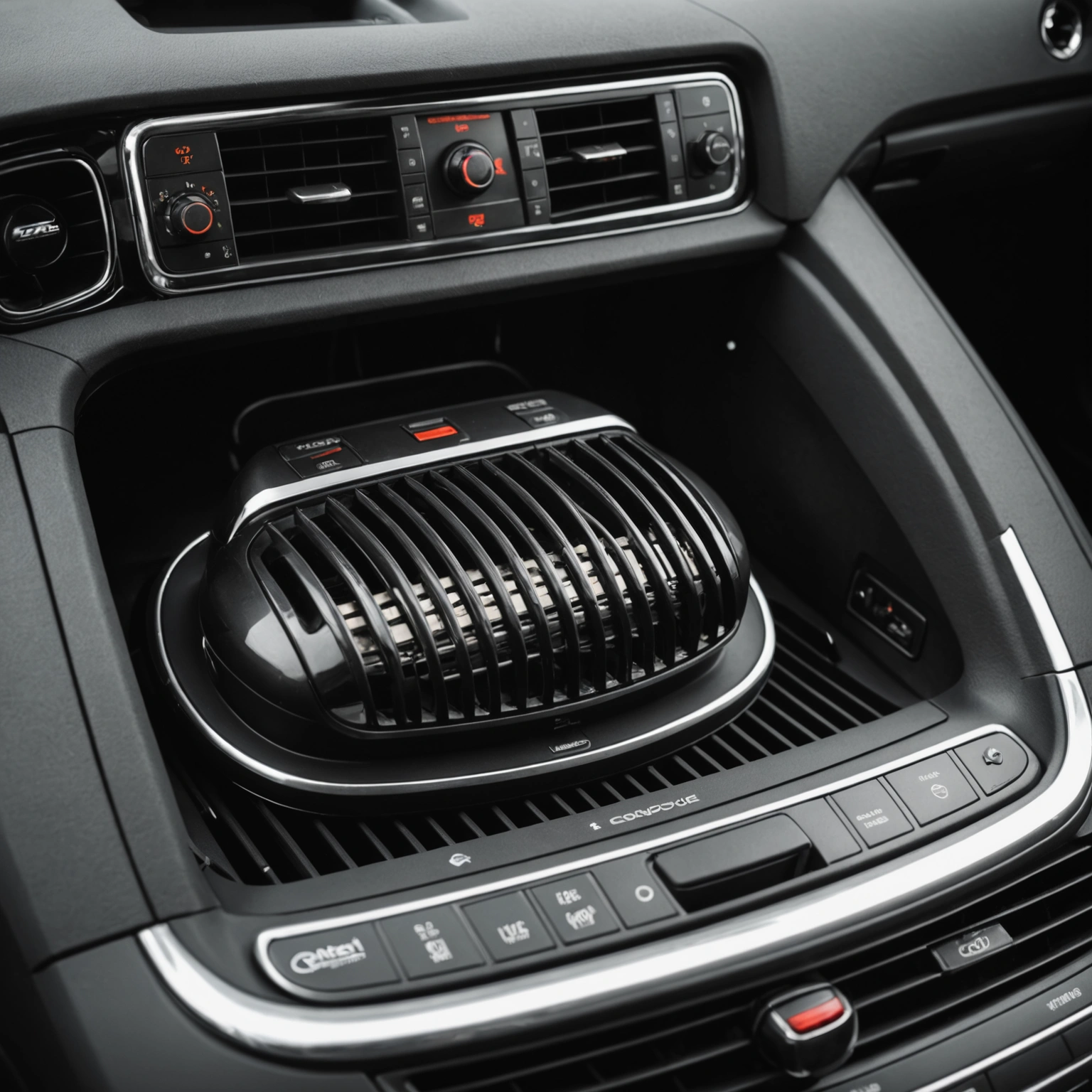**Why Does My Car Heater Smell Like Rotten Eggs?**
If you’ve noticed a foul, sulfur-like smell emanating from your car’s heater vents, you’re not alone. A rotten egg odor can be unsettling and may indicate a few underlying issues that should be addressed promptly to ensure your vehicle runs smoothly and safely. Let’s explore the common causes and what steps you can take to resolve this issue.

### Common Causes of a Rotten Egg Smell in Your Car Heater
#### 1. **Sulfur Bacteria in the Cooling System**

One of the most common reasons for a rotten egg smell is the presence of sulfur bacteria in the coolant. These bacteria thrive in the coolant reservoir, especially if the vehicle isn’t driven regularly or the coolant is old. When the heater is turned on, the bacteria produce hydrogen sulfide gas, which has a characteristic rotten egg smell.
#### 2. **Contaminated or Old Coolant**

Coolant (antifreeze) degrades over time, losing its effectiveness and sometimes harboring bacteria or mold. Old or contaminated coolant can emit unpleasant odors when heated, which then get circulated through the heater vents.
#### 3. **Clogged or Dirty Heater Core**

A buildup of debris, mold, or bacteria inside the heater core can cause foul odors. The heater core functions as a small radiator, and if it becomes contaminated, it can emit bad smells when hot air passes through it.
#### 4. **Dead Animals or Debris in the Ventilation System**
Sometimes, small animals like rodents can nest inside the HVAC system or ductwork, leading to a rotten smell when the heater is on. Dried carcasses or decaying organic matter can produce strong, unpleasant odors.
### How to Address the Issue
#### **1. Check and Replace the Coolant**
– Have your cooling system inspected by a professional.
– Flush the cooling system and replace the coolant with fresh, high-quality antifreeze.
– This often resolves the sulfur bacteria problem and restores the proper functioning of the cooling system.
#### **2. Clean the Heater Core and Ventilation System**
– A thorough cleaning of the heater core and air ducts can eliminate mold, bacteria, or debris.
– Some auto shops offer HVAC system cleaning services, which can significantly reduce odors.
#### **3. Use an HVAC System Cleaner**
– Commercial HVAC cleaners or disinfectants designed for automotive systems can be used to sanitize the vents and ducts.
– Follow the product instructions carefully for best results.
#### **4. Inspect for Animal Intrusion**
– If you suspect rodents or other animals, a professional inspection may be necessary.
– Remove any nesting material and seal entry points to prevent future intrusions.
#### **5. Preventative Maintenance**
– Regularly service your cooling system and replace coolant according to your vehicle manufacturer’s recommendations.
– Use cabin air filters and replace them when dirty to keep the airflow clean and odor-free.
### When to Seek Professional Help
If the smell persists after basic maintenance, or if you’re unsure about performing these tasks yourself, it’s best to consult a qualified automotive technician. Persistent odors could indicate more serious issues that require expert diagnosis and repair.
### Final Thoughts
A rotten egg smell from your car heater is usually a sign of bacteria growth, contaminated coolant, or debris in the HVAC system. Addressing the root cause promptly will not only improve your driving comfort but also help maintain your vehicle’s overall health. Regular maintenance and inspections are key to preventing such issues and ensuring your car’s heating system functions odorlessly and efficiently.
**Stay safe and enjoy a fresh-smelling ride!**

